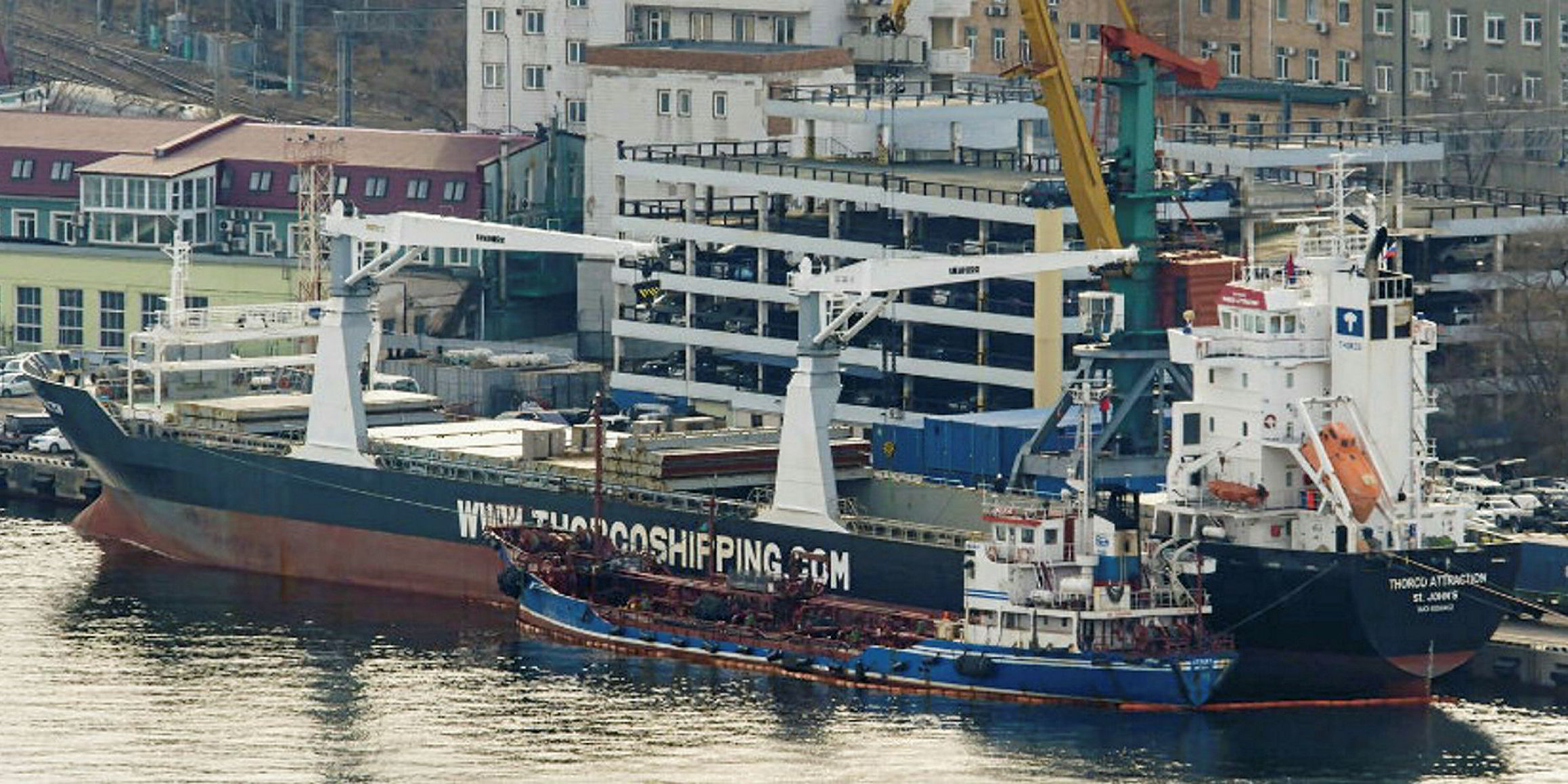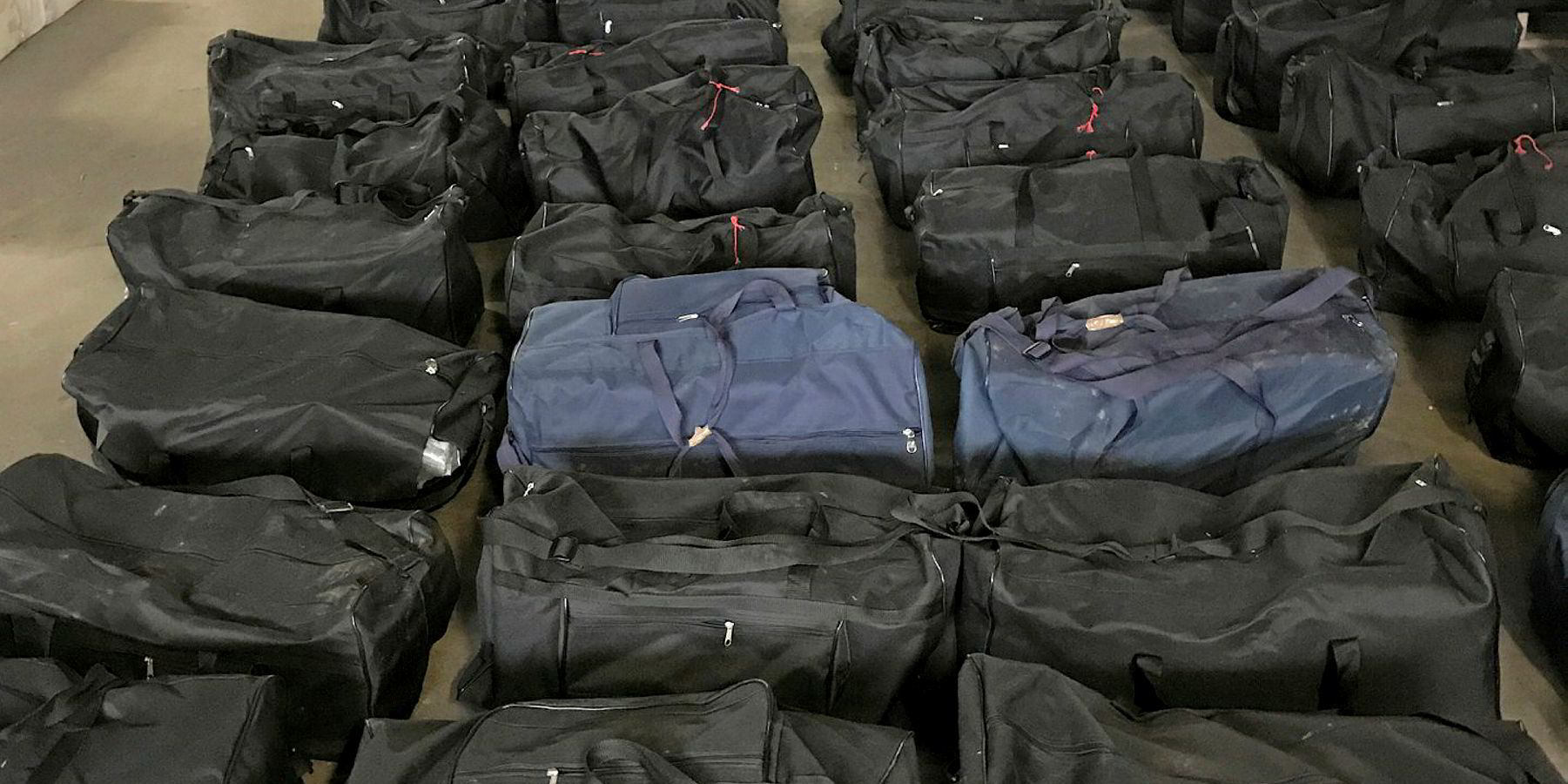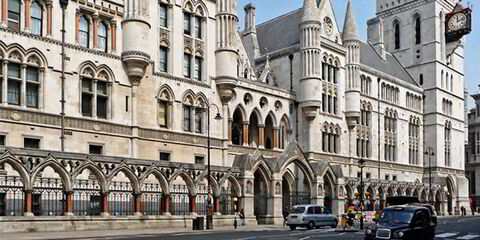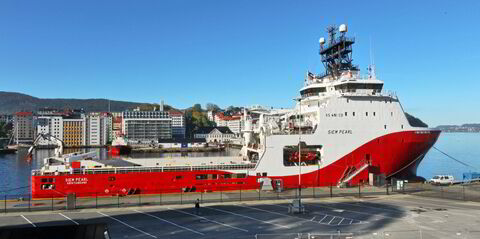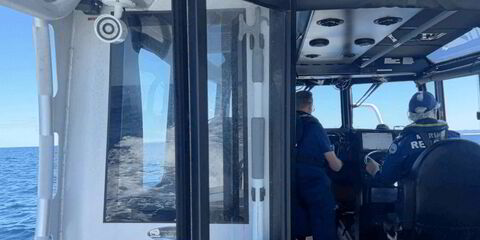UK law firm Campbell Johnston Clark (CJC) has provided timely tips to owners and charterers who could find themselves in legal hot water as drug traffickers develop ever more sophisticated smuggling methods.
"Novel and ingenious" tricks including cutting open sea chests and attaching boxes to hulls could mean standard charter clauses become the subject of much potentially expensive debate, the company argues.
CJC's London director Ian Short and trainee solicitor Sam Jones write that divers can covertly cut open the area around the sea chest at the points of departure and destination without needing to rely on or pay off dock workers and crew.
This technique also renders conventional board and search techniques redundant.
Where narcotics are discovered, the ship will most likely be detained to allow for an extensive forensic investigation to take place, the lawyers added.
Serious consequences
Fines can be imposed and, if the crew are deemed to be involved, arrests and criminal charges can be made, with criminal sanctions to follow.
Loss of hire could arise, as well as cargo deterioration and the risk of missing subsequent fixtures.
Claims involving charterers and owners can become particularly contentious especially where there is an absence of specific wording in any charterparty.
"One issue could be that many of the novel methods of smuggling narcotics were not envisaged when the relevant clauses were drafted," Short and Jones write.
Under a conventional Bimco Boxtime charterparty, liability is allocated according to the nature of the smuggling event.
Crew involvement obviously leaves the owner liable, but where smuggling is found to have taken place "as part of the goods and/or in containers on board", liability will be allocated to the charterers, CJC argues.
Legal grey area
But what of new methods like sticking boxes to the side?
"Parties can be left scratching around trying to find arguments elsewhere," Short and Jones say.
"Shipowners, for example, may argue that the concealed drugs arose out of compliance with charterers’ orders to proceed to a particular port where the drugs were attached to the hull."
Charterers, on the other hand, may point to the owners’ seaworthiness obligations.
They could argue that it is an owner's obligation to maintain the hull, as well as point to the owner's need to ensure the vessel’s compliance with both flag and port state laws and regulations.
"If charterers can demonstrate that it was market practice, or would have been prudent, to arrange for underwater inspections and videotaping, or the welding shut of the sea chest, it may assist in any argument that the owner has failed to sufficiently maintain the hull or comply with their seaworthiness obligations," the lawyers warned.
They add however that making such an argument would be "challenging" if the vessel had all its documentation in order and had complied with all local regulations or international standards.
"The implications of drug smuggling go far beyond the initial fines and criminal sanctions, and can have wide ranging commercial impacts under charterparties and bills of lading," Short and Jones write.
CJC recommends clearly worded provisions are included. The company said the Bimco US Anti-Drug Abuse Act 1986 clause from 2013 already provides some guidance.
But the lawyers said a variation of this clause or a more bespoke clause may provide the contractual certainty required.
Bulkers and boxships appear particularly vulnerable to traffickers. Cocaine discoveries have been occurring regularly this year.
Drugs from South America have been found in containers and in bulk cargoes, with smugglers sometimes posing as port employees to recover their illegal products.

